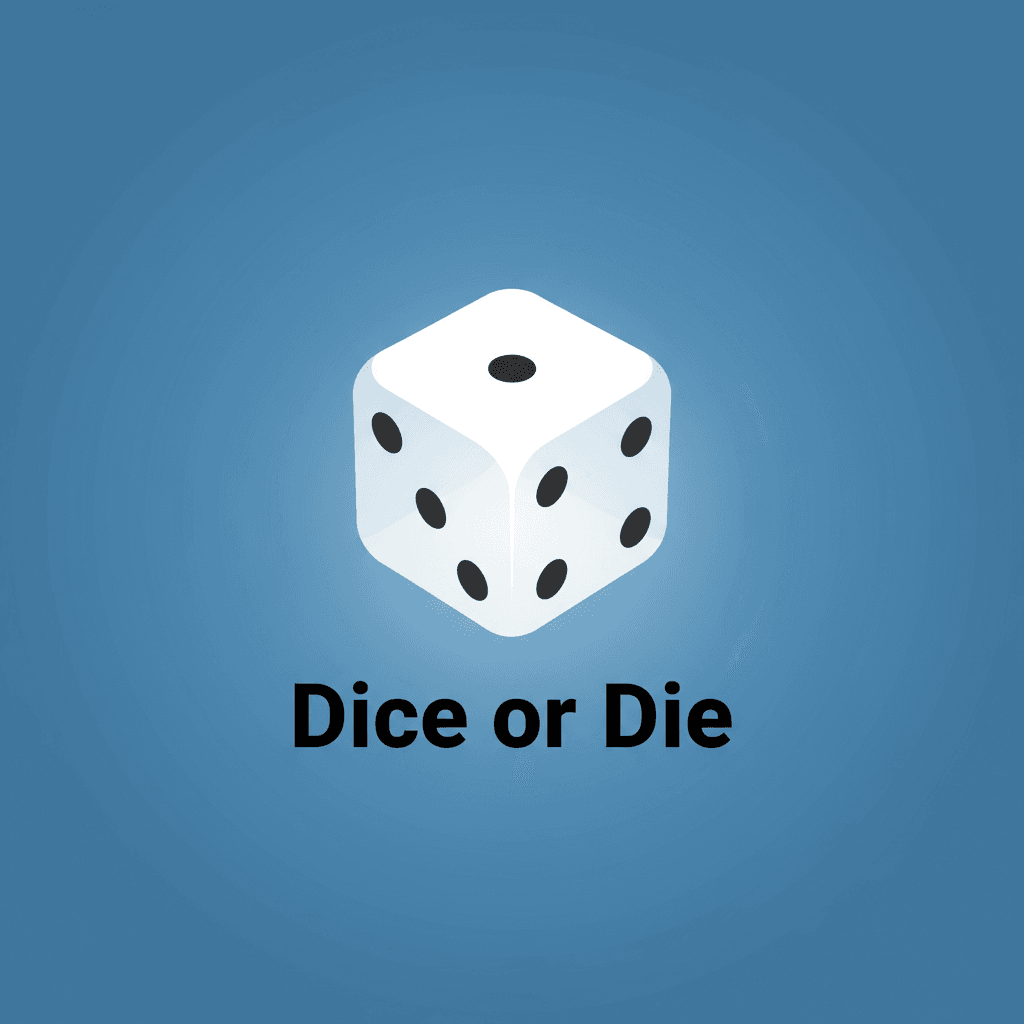Dice vs. Die: What’s the Difference?

The words dice and die both refer to the small cube used in games — but they’re not exactly the same.
Here’s the short answer:
- Die → one single cube 🎲
- Dice → more than one cube 🎲🎲
However, modern usage is changing, and dice is now commonly used for both singular and plural forms.
1. Die: The Singular Form
Meaning
A die is one cube with six sides, each showing numbers (or dots) from 1 to 6.
It’s the correct singular form in formal English.
Examples (10 total)
- Roll one die and record your number.
- The die landed on six.
- A single die was missing from the box.
- He carved a wooden die by hand.
- Only one die was needed for the game.
- The player rolled the die across the table.
- She lost one die under the couch.
- That die has rounded edges.
- You need a fair die to test probability.
- The magician hid a die in his hand.
🧠 Tip:
If you’re talking about one cube, use die.
2. Dice: The Plural Form (and Sometimes Singular)
Meaning
Traditionally, dice is the plural of die — meaning two or more cubes.
However, in modern English, especially in American usage, dice is also used as the singular form in casual speech.
Examples (10 total)
- Roll the dice and see what happens.
- He threw two dice on the board.
- The dice landed on double sixes.
- She shook the dice before tossing them.
- The game uses three dice instead of two.
- The dice rolled off the table.
- Each player takes turns rolling the dice.
- The dice determine your next move.
- Don’t lose the dice — we need them all!
- The casino replaced the old dice with new ones.
🧠 Tip:
If you’re talking about more than one cube, always use dice.
But using a dice (singular) is now widely accepted in informal speech.
3. Quick Comparison Table
| Number | Correct Form | Example | Notes |
|---|---|---|---|
| 1 | Die | Roll one die. | Traditional singular |
| 2 or more | Dice | Roll the dice. | Plural form |
| Modern casual use | Dice | He rolled a dice. | Acceptable in informal English |
4. How to Remember
👉 Die = one
👉 Dice = two or more
💡 Memory Trick:
“You only die once — but you can roll dice many times.”
5. Common Mistakes
❌ He rolled one dice.
✅ He rolled one die.
❌ The dice was missing. (formal writing)
✅ The die was missing.
6. Why It’s Changing
In Old English, die was the correct singular form, and dice was plural.
But over time, dice became so common that it replaced die in everyday speech — especially in American English.
Today, dictionaries list both as acceptable, but die remains preferred for formal or mathematical contexts.
Even AI writing tools may mix them up — but Humanizey ensures natural, regionally correct usage so your text always sounds fluent.
FAQs
1. Is “a dice” wrong?
Technically yes in formal English, but it’s acceptable in casual speech.
2. Do British people still say “die”?
Yes, die is still more common in British English for singular use.
3. How many dice are in a standard board game?
Most games include two dice, but some use one or even more.
4. What about “the die is cast”?
That’s an old saying meaning a decision has been made and cannot be changed.
Practice: Choose the Correct Word (“Dice” or “Die”)
(Answers are listed at the end.)
- Roll one ___ to start the game.
- The ___ landed on double sixes.
- There’s only one ___ missing from the set.
- He threw two ___ across the table.
- She carved a wooden ___.
- The ___ bounced off the wall.
- He rolled the ___ and got a three.
- Both ___ rolled off the board.
- The player picked up the ___.
- We need new ___ for this game.
Answers
- die
- dice
- die
- dice
- die
- die
- die
- dice
- die
- dice
